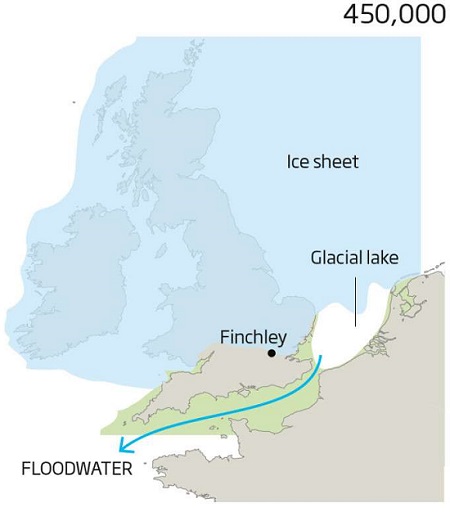Stuff happens. We have a household of three with separate access to our online service and last week the youngest member blew our monthly usage budget downloading games, 11 days out from when it renews automatically on 17 March. So the speed became truly painful. Bigpond have given us a once only ‘goodwill’ 2 gigs to go on with. Trouble is, by he time I found out what was going on we’d already used a third of it.
Trouble also is that when the speed slows my email connection just doesn’t happen.
Anyway I’ve prepared a CC for this week from material to hand, then I’m going to disappear to preserve my email.
1. You’ve been told
When a link came through on a feed about a conference on what the planet would be like with 4C warming it looked a bit familiar. Then I noticed the date – October 2009. The link is now broken, but the conference is here. There’s a lot of good material in the presentation downloads, mostly depressing, some of which I looked at before things gummed up.
In the article it said that Hans Joachim Schellnhuber, who advises Angela Merkel on climate change, had dropped in on President Obama’s top people, who told him that the political system couldn’t cope with what he was saying about the science. Prof Scellnhuber was not impressed. Continue reading Climate clippings 70 →



 These posts are intended to share information and ideas about climate change and hence act as a roundtable for readers to contribute items of interest. Again, I do not want to spend time in comments rehashing whether human activity causes climate change.
These posts are intended to share information and ideas about climate change and hence act as a roundtable for readers to contribute items of interest. Again, I do not want to spend time in comments rehashing whether human activity causes climate change.


